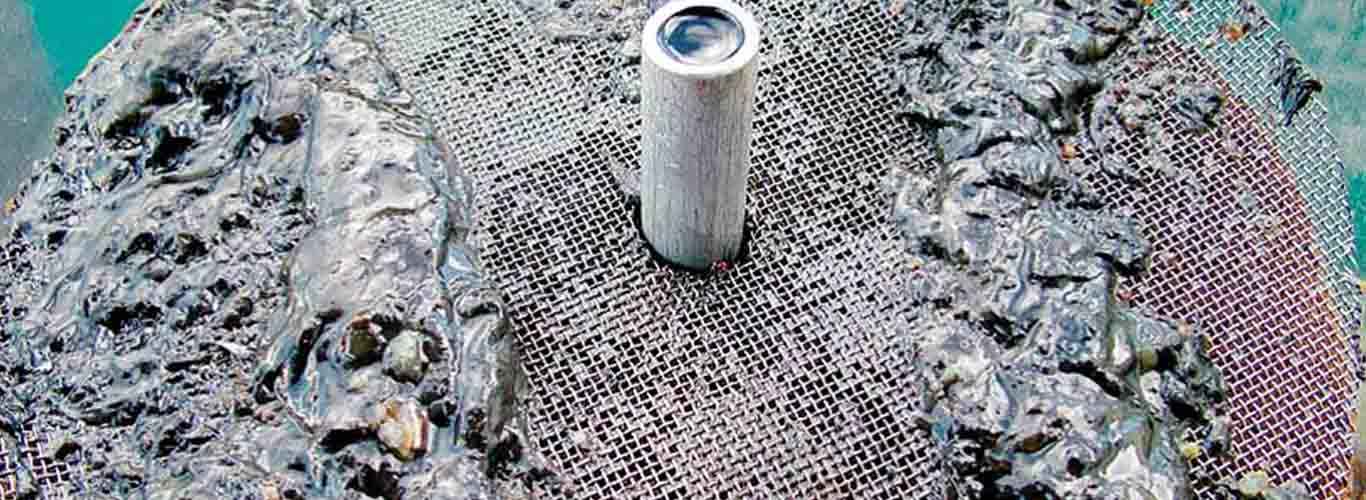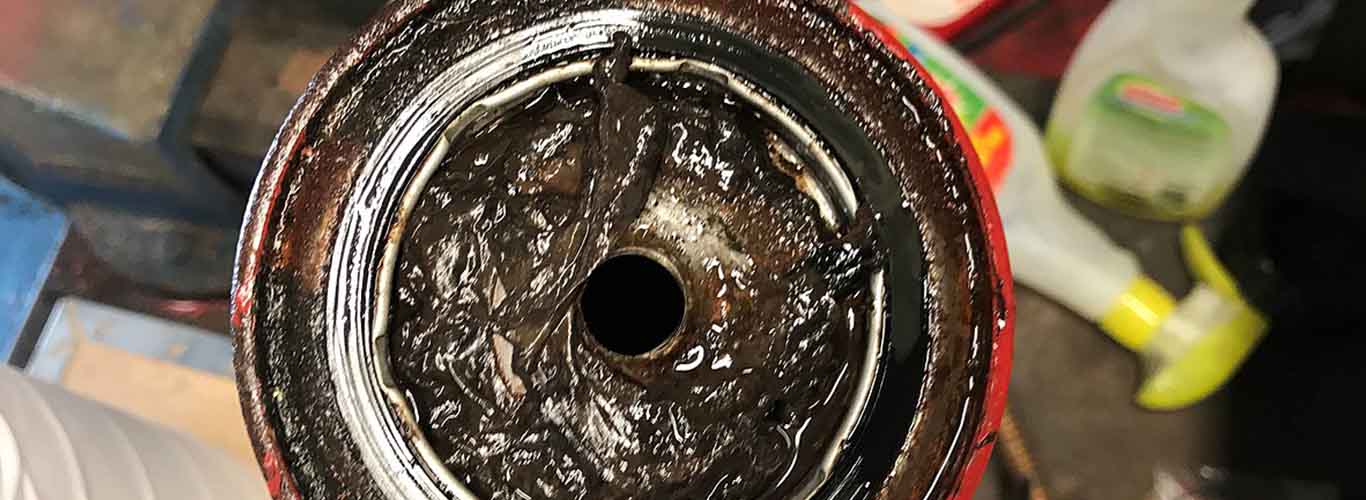What is a Diesel Bug?
Fuel tends to go bad gradually due to oxygen in the air. It can be stored for a year to keep it in a usable condition; after that, it may begin to develop sediments, fungi or bacteria.
When the tanks cool down at night and warm up during the day, it creates a perfect environment for several microorganisms to grow. Diesel bug is one of the microorganisms to grow under these circumstances (typically fuel-water), which can deteriorate your fuel. As a result, it creates slime and damages your engine. And if left unattended, these can corrode or clog the engine and its filters.
- Some other problems associated with these bugs include the following:
- Continuous blockage of filters and gauges with black or brown slime.
- Corrosion of pipes, tanks and other parts of the vehicle
- Engine may lose power, leading to blocked injectors
- Egg-like smell

What Causes a Diesel Bug?
Diesel bug grows when water is in the fuel combined with FAME (Fatty Acid Methyl Ester) biodiesel and mineral diesel. The bio content of the biodiesel serves as a food supply for microbial development, and the Fatty Acid Methyl Ester in the diesel allows water to mix with the fuel.
As FAME consists of fatty acids, they have several degrees of saturation, at risk of oxidisation.
Fame is hygroscopic, which indicates that it attracts water, which leads to the increment of diesel bugs. Therefore, the fuel should be monitored closely to prevent machinery and equipment failure.
Diesel can remain usable for at least one year. After that, it reacts with oxygen in the air and starts to deteriorate in quality. Additionally, the presence of water in the fuel and the UK’s mild temperature is the main reason for fuel contamination. Both these reasons provide the perfect breeding ground for diesel bug contamination.
Moreover, oil storage tanks develop condensation on the tank walls, allowing rain to enter the tank and absorbing moisture from the air because they heat up during the day and cool down at night. This makes the stored fuel the ideal environment and condition for bacteria to thrive and flourish. They multiply rapidly after every 20 minutes, and as a result, the sludge damage the tanks and causes chaos within the engine and tank.
How Can You Tell Your Fuel is Contaminated?
Diesel bugs can have a negative impact on your vehicle, creating numerous problems. Therefore, it is crucial to use clean and high-quality fuel to enhance its operation and increase its lifespan. Here are some signs indicating that your fuel could be contaminated; keep an eye out to prevent any issues.
- You need to change blocked filters regularly.
- Growth of sediments in the filters resembling coffee.
- Suddenly engine collapse, and it’s challenging to start the engine.
- Increased fuel or oil consumption and black smoke emitting from the exhaust pipes.
- Rotten or bad smell from fuel

How Can You Prevent the Diesel Bug?
You can prevent the expansion of diesel bugs by keeping high-quality fuel in your tank. As maintenance and cleaning can be expensive, you should install a filter system in your tank to prevent any issues, keeping the fuel in a usable condition.
As several fuel types deteriorate over time, diesel goes terrible when it reacts with oxygen. Moreover, a poor-quality fuel storage tank can also cause diesel bug contamination.
Other than keeping your fuel tank sealed as tight as possible to prevent contamination, you can take the following steps to increase the lifespan of the fuel:
- Ensure the fuel does not come in contact with metal alloys, copper or zinc to prevent a reaction with the fuel.
- Perform regular fuel maintenance to remove dirt and debris.
- Inspect fuel tanks for leaks and damages
- Make sure there is a regular turnover; otherwise, if it keeps stagnant, they get the opportunity to grow in numbers.
If Found, How to Eliminate Diesel Bugs?
- If you have found diesel bugs in your fuel tank, it is obvious that it needs to be cleaned and washed; adding new fuel would make the situation worse.
- To completely get rid of the bugs, remove the tank and put it elsewhere.
- Clean it using a fuel polishing system and ensure they are entirely eliminated.
- Next, clean the pipes and filtration system to prevent recontamination; only then can you refill your tank.
- If your tank is more than damaged, you may need to replace it with a new one.
- To do so, take it to a professional so that they can inspect it, confirming the level of damage.
Why Are Diesel Bugs Found in Diesel Fuel?
Microbes are everywhere and can be easily found in bacteria, yeast and fungi. Diesel bugs are also found almost everywhere, including diesel and other fuels. As soon as the fuel leaves the refinery and sterile environment, they are exposed to microbes, leading to contamination.
They are mostly found at fuel or water interface, feeding on fuel and living on water.










